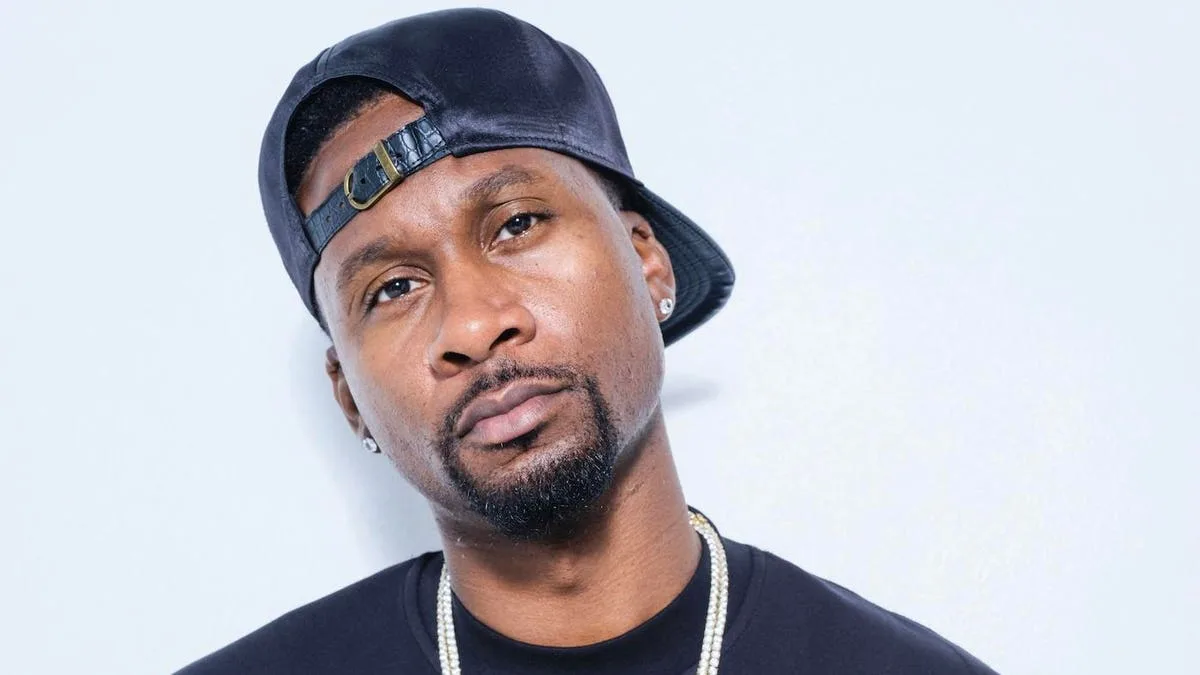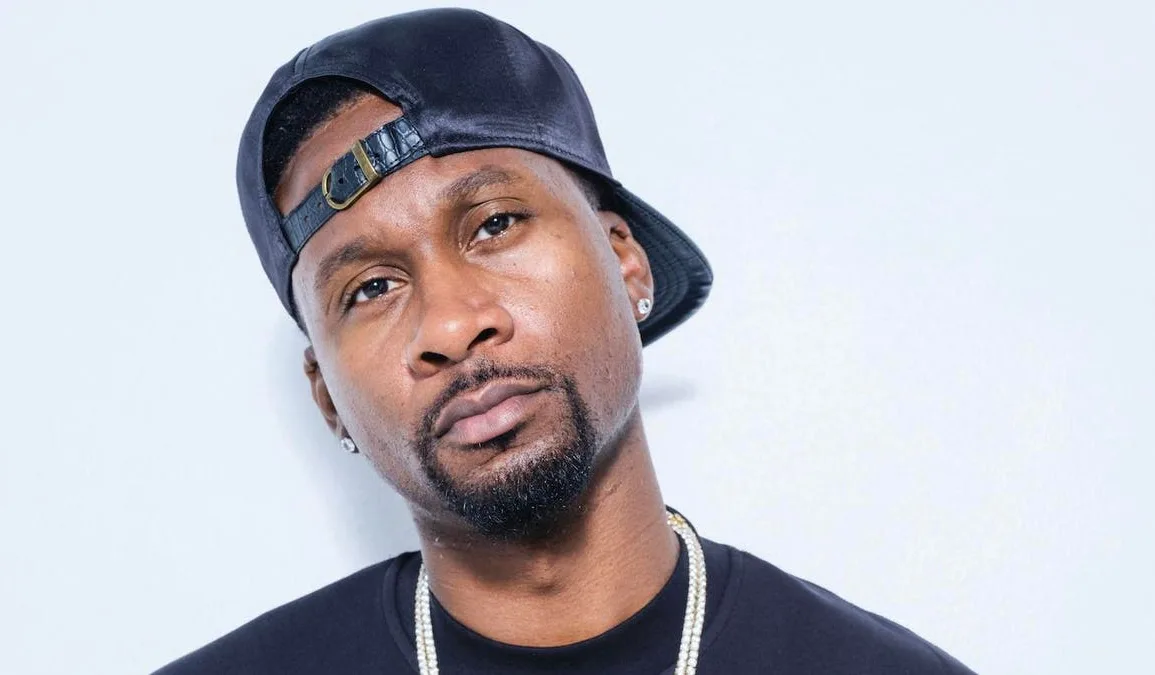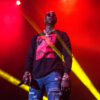
Lanny Smith was on the cusp of making his dream of playing in the NBA a reality when he signed with the Sacramento Kings in 2009. However, within 33 days after he signed his NBA contract, he suffered a career-ending knee injury. Smith experienced an identity crisis and depression before deciding to recalibrate his career, path, and purpose. He started by gauging his interest in the sports apparel space because he always found himself donning hoodies, sweatpants, and athletic shorts.
He created the clothing brand Active Faith in 2011, a faith-based sports apparel brand that incorporated various motivational quotes and scriptures within the design. Smith partnered with former NBA player Anthony Tolliver and current Golden State Warriors point guard Steph Curry to grow the line. Currently, Active Faith, an e-commerce site, has customers in 73 countries, and in its first year, it gained $100,000 in revenue and eventually became a $ 7 million faith-based business.
However, Smith encountered obstacles when trying to get into retail stores by acquiring investors who would back out when they realized his ethnicity. “We have multiple kinds of setbacks that leveled out that growth,” he said. Nevertheless, Smith saw the favorable impact Active Faith had on its customers after receiving numerous emails. After seeing the positive effect of representation in the 2018 release of Black Panther, he decided to pivot and create another apparel line geared toward the Black community while retaining ownership of the Active Faith line.
After moving to Los Angeles, within six months, the pandemic caused the world to shut down, and Smith witnessed how numerous brands made bold declarations in how they intended to help and give back to the Black community after the murder of George Floyd, which he felt the gestures were purely performative.
“It felt like it was part of the new marketing strategy because outside of the pandemic aspect of it, what happened to George Floyd, Breonna Taylor, these things have been happening for decades, and none of these brands ever made a statement, none of them ever said anything about it. Meanwhile, there’s a large percentage of the Black community that patronizes these businesses, from Nike, Adidas, to [the] Jordan Brand. The black community has supported through their dollars, wearing it and promoting it in the Black talent from the athletes who have been ambassadors. Why have they never said anything until now?” he emphatically says, questioning the integrity of these companies. “So that was the thing that pushed me over the edge to say, “You know what? We’re going to stop asking for a seat at the table. We’re going to build our own table, and I’m going to start this brand Actively Black.”
On June 10, 2020, Ink Magazine contacted Smith to do a follow-up story about Active Faith, and he only agreed to the interview if the media outlet would showcase his new clothing line. “That was my announcement of it. I put my head down and just been grinding. On Black Friday, 2020 is when I launched Actively Black,” he says.
Smith assessed the competitive landscape and uniquely positioned his current brand to succeed by realizing he built an entity to uplift, give back, and positively represent the Black community in an industry where a small percentage retain ownership.
“I like to call it deprogramming and reprogramming the people. Unfortunately, the effects of oppression and racism start to seep into the subconscious. There are Black people who don’t believe they’re as smart, gifted, or equal, and I wanted to tear down those misconceptions about who we are and give that type of confidence and belief in self. The community is galvanizing the tribe, as I like to call them, around this brand,” he reveals, pointing out using the concept of self-actualization as a competitive advantage.
Smith recognizes there are numerous companies within the athleisure wear space; however, he plans to gain market share by banking on his brand authenticity year-round and not for specific periods designated to African-American acknowledgment, such as Black History Month or Juneteenth, where most companies will release particular collections.
“That’s something that none of those other brands, no matter how big their budgets are, no matter how big they are, that’s the place that they can’t compete in, and that’s where I see our advantage. The timing of this right now is a perfect storm for us. I believe people are more awakened to the fact that some of these brands have profited off of the culture, but they have not included the culture in ownership. They haven’t included the culture in giving the talent the opportunity to truly express themselves without feeling like they have to diminish their Blackness, and so this is a place where in a brand where that’s not the case. The people feel that, and that’s how we’re building this,” he considers.
Smith manufactures his apparel line and accessories in Asia and Lagos, Nigeria. Actively Black was the only Black-owned brand presented at the 2021 Winter Olympics that could outfit the team Nigeria. He considers the continent of Africa as a growing market to expand his manufacturing presence in the future.
Lanny Smith, the founder of Actively Black, right, with Seun Adigun.
“Right now, all of our apparel and accessories are manufactured in Asia. We have a factory in Lagos, Nigeria, that we’ve worked with a few times specifically. For the Winter Olympics we were the only Black-owned brand present at the Winter Olympics. We outfitted team Nigeria, there and with Africa being a really big opportunity in the emerging market, that’s something that I see in the future for us as a place even to move manufacturing as that continues to grow,” he says.
Having only two employees, including himself, launching the Actively Black brand, Smith saw immediate customer response, racking up $100,000 in its first week. The inventory he ordered he projected would last for three months of the business, yet it sold out within four weeks, causing Smith to play catch up since then. In the first twelve months, Smith achieved a revenue of $2.3 million in sales, and nearing the end of 2022, the brand was close to making six million. But, when he referred to a data analytics company he works with, they determined he “missed out on eight million in revenue” for 2022.
“So that lets you know how far behind demand we are. But we were able to raise a Series A [in 2022], and with raising that capital, we’ve heavily invested into the inventory, so we expect this growth to continue as we meet the demand,” Smith explains.
The increased brand awareness of Actively Black is also the result of its significant creative partnerships — Teleport Watches, Marvel, The Bobsled and Skeleton Federation of Nigeria, Slam Magazine, and NIL deals with four HBCU athletes. These collaborations allowed the line to grow and fulfill the brand mission while staying true to its core values.
Actively Black Color Collection.
“With Marvel, obviously an incredible opportunity to have an officially licensed collection with Black Panther. It was one of my inspirations for starting Actively Black and then also, once again, that representation and being one of the biggest movies in the world, with that type of cast of Black and Brown actors, the director and creatives behind that, it just aligned with what we’re building and what we represent. So the partnerships have been incredible to see how the audience has responded to these collabs and these partnerships,” he shares.
Smith secured significant partnerships through his mentor, Daymond John, founder of Black Entrepreneurs Day, the FUBU brand, and one of the prominent judges of ABC’s hit show Shark Tank, who initially contacted him for a potential partnership.
“In a meeting, he just asked me what else I was working on, and months prior, the idea for a Black Panther and Actively Black collab was something that I had already thought about. I had a deck created with some of the mockups and designs, and I hesitated. I almost didn’t show it to him,” he says. “But I showed him the mockups, and he was so impressed. He picked up the phone in the middle of the meeting and called the head of licensing for Marvel and Disney and told them. He set up a meeting, and two days later, I was in a Zoom meeting with Danny Kim, Director of Marvel Softlines Licensing North America at The Walt Disney Company. I showed him the deck and the presentation and made my pitch; he was sold and loved it. They pushed through this deal to help us get it done.”
Wakanda Athletics
Smith and his team fulfilled the requirements for licensing product approval for production in time for the release of the movie, “Daymond John, so much props and love to him. He made that connection for me.”
As he continues to scale his business, Smith takes time out for altruistic endeavors and has donated $500,00 to support the Black community through such organizations as the Liberation Fund, Compton Girls Club, Black Girls Smile, Black Girls and Black Boys Code, Ujima, and Black Mamas Matter Alliance to name a few.
Smith wants consumers to look at his brand as more than another athleisure line but as a company that seeks to become a global brand in the next five years to galvanize and bring together the diaspora.
“We’ve got customers in the United States, but the interest from the global community has been off the charts. So, we are working on ways that we can make sure we can service international orders and grow the brand in Africa, as well. [However] I’m not building an apparel brand; the clothing is just the uniform for the movement,” he expresses.



